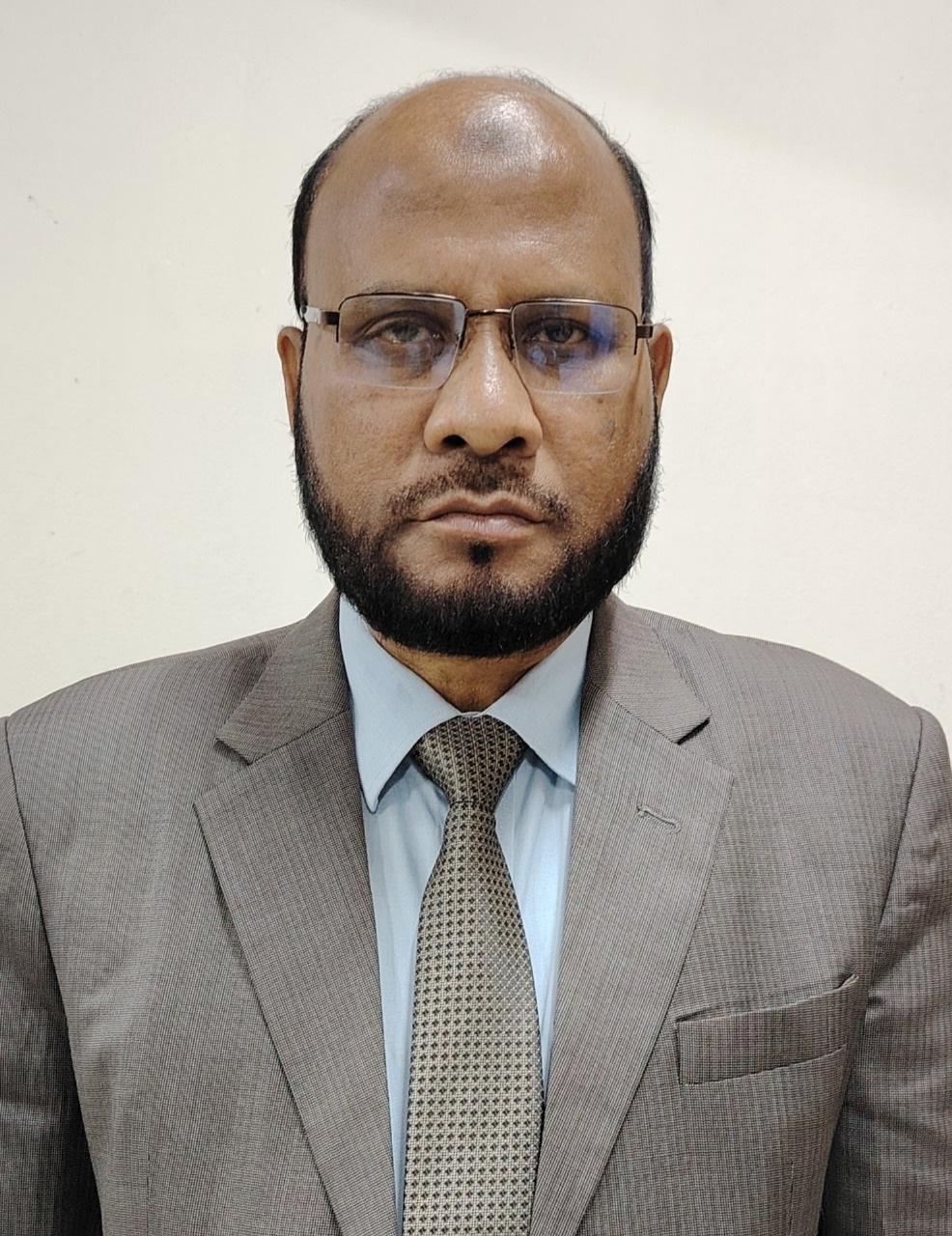Session 4 Cooperation & Solidarity
Biography
Mr. Abu Tahir Muhammad Zaber has served in various ministries such as the Ministry of Power, Energy and Mineral Resources, Ministry of Agriculture, Cabinet Division, Local Government Division, Ministry of Public Administration, World Bank: Dhaka Office. He holds a Master’s degree in Political Science from the University of Dhaka.
Abstract
The International Conference on Fishing Communities (ICFC 2025) serves as a global platform for advancing dialogue on the sustainable development of fishing communities. Bringing together governments, researchers, fisher representatives, and development partners, the conference fosters cooperation and policy alignment to build resilient, inclusive, and climate-smart coastal livelihoods.
Session 4, Cooperation and Solidarity, jointly organized by the Korea Maritime Institute (KMI) and the World Bank, focuses on strengthening the livelihoods of fishing communities through innovation and partnership. Representatives from Korea, Bangladesh, Kenya, and the Philippines will share experiences in modernizing small-scale fisheries and promoting solidarity among coastal nations. The session highlights practical transitions from “capture to culture”—by expanding mariculture, eco-tourism, and community aquaculture—and from “volume to value” through improved quality, branding, and sustainable trade.
In Bangladesh, the fisheries sector remains a vital pillar of the national economy and blue growth agenda, contributing 2.53 percent to GDP and 22.26 percent to agricultural GDP, while supporting over 20 million livelihoods. Annual fish production reached 5.02 million metric tons (FY 2023–24), including 0.63 million metric tons from marine sources, positioning Bangladesh among the world’s leading fish-producing nations.
Under the Marine Fisheries Act, 2020 and Marine Fisheries Rules, 2023, governance of marine resources has been strengthened through vessel registration, monitoring, and community participation. Key initiatives include the digital registration of over 8,200 artisanal vessels and the pilot installation of Vessel Monitoring Systems (VMS) on five industrial trawlers under the Sustainable Coastal and Marine Fisheries Project (SCMFP). The government has also declared five Marine Protected Areas (MPAs), covering nearly 8.7 percent of the Exclusive Economic Zone (EEZ).
Adoption of climate-smart aquaculture, salt-tolerant species, and community-based co-management models—such as the Hilsa Sanctuary and Betagi Community Fisheries—has enhanced ecosystem resilience and livelihood security. Women now account for approximately 26 percent of the sectoral workforce and play an increasingly prominent role in value-added processing, entrepreneurship, and leadership.
Looking ahead, Bangladesh aims to expand seaweed cultivation and mariculture enterprises, finalize its Marine Spatial Plan (MSP), and strengthen digital catch documentation and traceability systems. The country is also promoting youth and women’s leadership in the blue economy, alongside the adoption of IoT-based water quality monitoring and AI-supported fisheries forecasting to enhance marine resource management. At the community level, cluster-based mariculture and eco-tourism initiatives are diversifying coastal livelihoods and improving income security.
Through continued cooperation, innovation, and shared learning, Bangladesh remains committed to global efforts that support sustainable livelihoods, resilient ecosystems, and healthy oceans, upholding the collective vision of One Ocean, One Fishing Community.
Presentation Title Download
Transformation of Fishers’ Livelihood for Sustainable Fisheries


